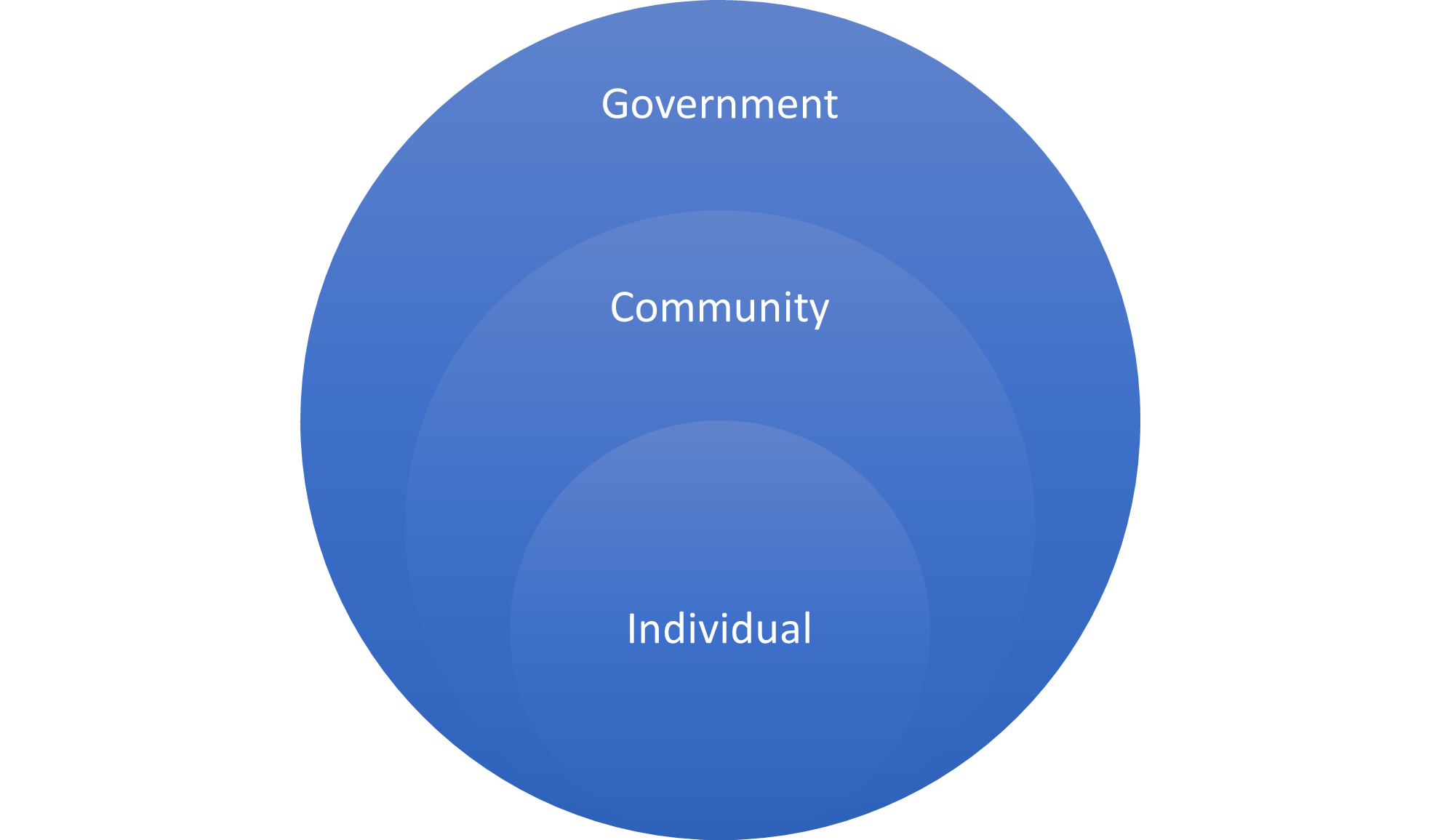
I was doom scrolling on Instagram one day when it hit me that there may me levels to how people take accountability to a problem in society. And this may be universal. Here is an example: The Ganges is the single most sacred river in the world and hosts the largest gathering of humanity once every 12 years.
It is also one of the most polluted bodies of water in the world. I have seen countless videos of foreigners trolling and hammering Indians seeing the river this polluted. Now I have seen different opinions for the reason the Ganges is polluted to such a horrible extent.
- Level 1. Individual. Pollution stems from individuals and their disregard towards mutually accepted societal norms.
- Level 2. Community. Pollution stems from the failure of the community to keep a river clean which is sacred to them.
- Level 3. Government. Pollution stems from the utter mismanagement and ignorance of the state towards keeping the river clean.
I believe based on how things are portrayed in the media, people tend to hover between different levels of accountability. However, in practically every large-scale issue in this country, I have seen people skip the first two and bell the 3rd level instead. Why is that? Why do people tend to ignore individual and community level accountability and blame the government for the ills in society?
Individuals make a community, and multiple communities together make a government. Indian political system is highly decentralized with elections and governments all the way down to single village units. And this is where another question arises. If people tend to ignore their individual and group accountability and rest the liability on the government, which level of government are they referring to? Is it their local rural/city government such as village panchayats and municipal corporations, is it the district level authorities, is it the state government, or is it the central government?
I do not believe in the concept of a top-down solution in a country’s political and social system. You cannot expect a minister sitting in his air-conditioned office in Delhi to understand why different regions around Ganges have different levels of pollution, some worse than others. That’s the responsibility of the local municipalities to find and report.
What people in this country fail to realize is that central government (synonymous with a single word Modi since 2014) plans and creates policies. They do not have the power to directly implement their directives at the ground level. That is the job of the state and local governments. That is precisely why we have a Union, State, and the Concurrent list. In our example of the Ganges, the water bodies and public health come under the purview of the state governments.
My understanding is that India has long been a mixed economy, but socialist roots have always had a strong hold. This is exactly the reason why many Indians hate the idea of privatization and blame Modi for the recent shift towards aggressive capitalism. What they fail to realize is that the LPG (liberalization, privatization, and globalization) policy was adopted way back in 1991. Modi was not even a remote part of the government system back then.
The strong socialist roots lead people to blame the government for any minute inconvenience. Indians do not have the concept of individual and community level accountability. This is why things never get done in India without some form of government and political intervention. For example, we Indians expect the government to take care of even the community parks. People in India believe in the top-down approach which is a horrible way to solve ground issues and for community driven development.
Different levels of government have a major role in shaping individual opinion and accountability but ultimately the onus is on the people of the community themselves to find their way out of issues which have long plagued them. For example, while the Bihar state government can implement stronger education and literary policies, it will be useless unless the people in the society can utilize them to the fullest and change their fortunes.
This is my understanding, but I do not know how people in more developed countries hold themselves accountable for the things that happen in society or them too hover on the 3rd level instead. I guess most people at least try at some point to introspect but since at the individual level humans are incapable of making large scale impact, they default back to how they perceive and who they blame the societal rot for.
Another recent example: the Tesla takedown movement. Individuals around the world, but mostly in the USA and Europe, have this understanding that they can peacefully and non-violently protest against a non-elected billionaire meddling in the affairs of the state. They can stop purchasing Tesla vehicles and more widely stop engaging with all companies the person in attention operates.
And thus, while the majority of the population may still believe that the state is at fault for allowing this to happen, individuals and communities realize that they have the power in their hands to trigger change. I wonder how many of those Tesla takedown protestors are voters who thought they were doing the right thing when they helped elect the current head of the state. But if they are on the streets voicing their protest, they have formally utilized level 1 and 2 of the ladders which lead to societal change. Because let’s be honest, the government doesn’t usually give a shit. They need to be compelled to do stuff.
And that is why I believe the levels work. Side-stepping or jumping up the levels will just leave the issues to rot the system and hinder progress. Indians need to start owning the issues. We elected the government. We set the agenda. Not vice versa. So, we should own accountability first. Once we start doing it en masse, there’s no going back.
← Back to the blog